Read about:
- Why Algrano is Best-Placed to Meet the Requirements
- Why is the EUDR Such a Big (Green) Deal?
- Taking the Coffee Industry’s Temperature
- Algrano’s EUDR Plan and Timeline
The EUDR (EU Deforestation-Free Regulation) is possibly the biggest piece of legislation adopted by a consuming country to affect the coffee sector in decades. It will have wide-ranging consequences for everyone in the supply chain, from producers to roasters. And the clock is ticking. Commodities linked to deforestation around the world won’t be admitted to European Union member countries as early as January 2025.
Despite not being a trading company, the mandatory due diligence rules do apply to Algrano. While the law will be stricter for large traders and operators, SMEs (micro, small and medium-sized enterprises) like Algrano also have to comply as we are a key link in the supply chain based in Europe - and therefore the accountable party.
Roasters sourcing coffee on Algrano don’t need to worry. Though our coffee data needs more granularity, the supply chains built on the marketplace have always been traceable. This is one of many benefits of having direct relationships with producers.
If sourcing from long-lasting partners was already good from a consistency and ethics point of view, the need to provide data will make them even more important in the future, reducing risk and facilitating due diligence.
Why Algrano is Best-Placed to Meet the Requirements
We're not starting from scratch here. Algrano’s business model and digital tools put us in a privileged position to collect traceability data on the coffees we import on behalf of roasters.
As a fully transparent marketplace connecting producers and roasters, all coffees traded on the platform already have a large degree of traceability.
Our sourcing team also already requires that estates and aggregators have at least one certification to qualify for verification. Though there is no assumption of compliance for certified coffees, many certification standards are aligned with regulation requirements.
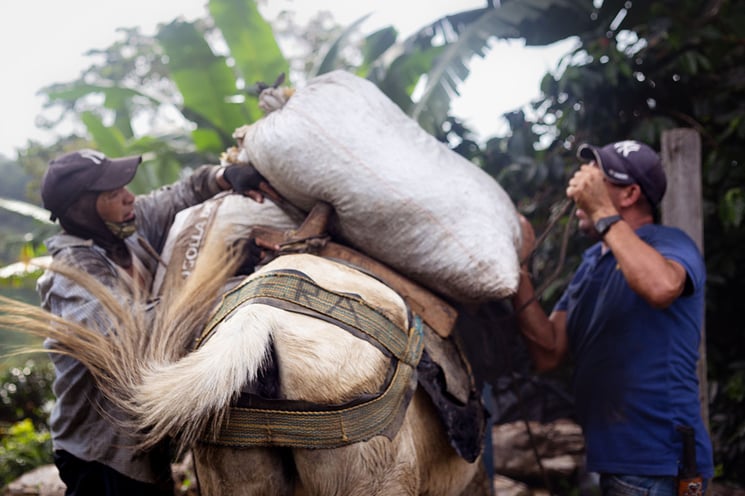
Supply chains where coffee is mostly produced by smallholders near dense forest areas are the most vulnerable to the regulation (Photo: Finca Napoles - Colombia; Algrano)
Rainforest Alliance, for example, specifies that farms can't have engaged in deforestation after 2014 and already includes geodata requirements up to the farm level. RFA also conducts risk assessments on deforestation and encroachment in protected areas.
Now, we’re working to make all coffees traceable to the plot level. We will integrate this information into the marketplace so sellers can make sure their coffee can clear customs as soon as they upload an offer.
We started collecting data from producers and exporters selling on Algrano and testing digital verification tools in 2023. In this blog, we’ll tell you why we believe the EUDR is important - despite its many issues - and share our strategy to meet the requirements.
Why is the EUDR Such a Big (Green) Deal?
The Deforestation-free products regulation, which came into force in June 2023, is part of the European Green Deal, a package of policy initiatives aimed at making the EU fit for reducing net greenhouse gas emissions by at least 55% by 2030.
The Green Deal’s importance is undeniable. The European Union is a major consuming market and trader of agricultural commodities. Coupled with that, the expansion of agricultural land remains the main driver of global deforestation and forest degradation.
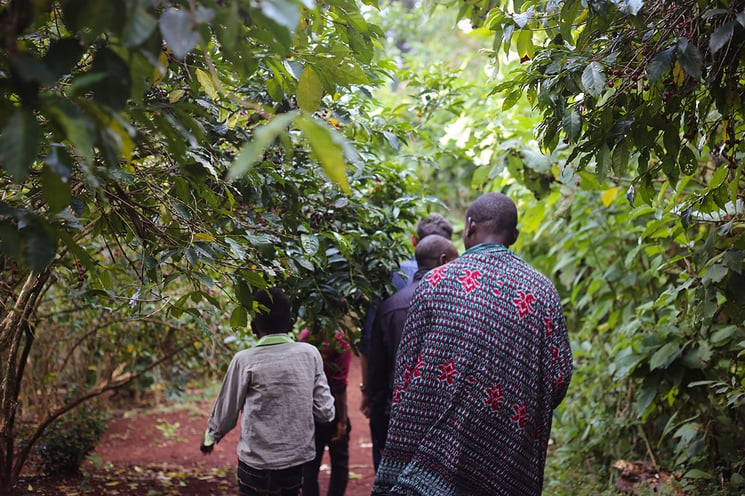 The EU assessed that, without regulatory intervention, the Union’s consumption and production would increase deforestation globally (Photo: YCFCU - Ethiopia; Algrano)
The EU assessed that, without regulatory intervention, the Union’s consumption and production would increase deforestation globally (Photo: YCFCU - Ethiopia; Algrano)
According to the regulation text, the EU “imported and consumed one-third of the globally traded agricultural products associated with deforestation between 1990 and 2008. Over that period, Union consumption was responsible for 10% of worldwide deforestation associated with the production of goods or the provision of services”.
Beyond tackling deforestation linked to the block’s consumption, the EUDR aims to influence global supply chains. The objective is to slow down the current rate of forest loss. FAO (Food and Agriculture Organization of the United Nations) estimates that 420 million hectares (larger than the European Union itself) have been lost between 1990 and 2020.
Member states concluded that addressing European deforestation without considering global supply chains would make the block’s environmental policies largely ineffective. The EU has a set of ambitious goals, including becoming the first climate-neutral continent by 2050 and decoupling economic growth from the use of resources.
Taking the Coffee Industry’s Temperature
The EUDR was received with confusion and overwhelm, even panic, by the coffee sector. Coffee is considered to be a small contributor to commodity-driven deforestation, especially when compared to commodities like soy and palm. Its inclusion in the legislation text came as a surprise to many.
Traders and operators, not to mention roasters, remain largely confused without clear sector guidance and clarity over the rules to follow and how they’ll be implemented.
Doubts range from what due diligence statements should look like to which information system will be used by EU member states, the risk level of different countries, how to conduct risk assessments, and what will happen to hundreds of thousands of tonnes of coffee stored in Europe.
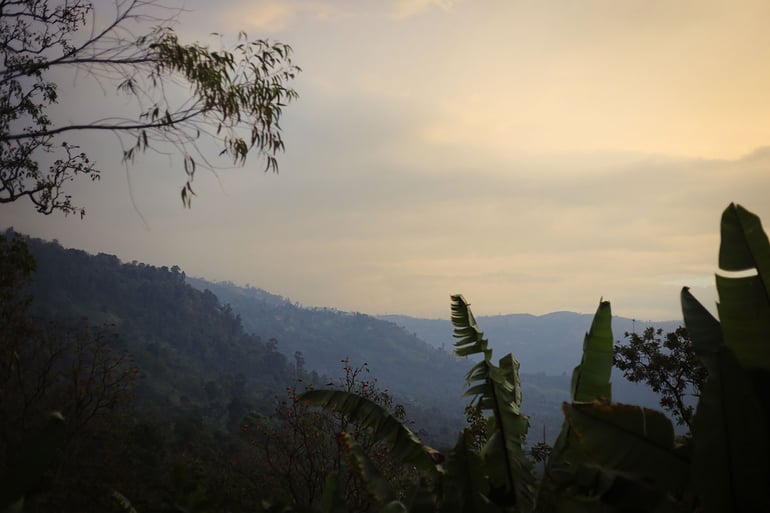
According to the EU, agricultural expansion drives nearly 90% of global deforestation. More than half of forests are lost due to conversion into cropland (Photo: Ethiopia; Algrano)
Several tools for collecting geospatial data are currently being developed, including a prototype of an integrated open-source Digital Public Infrastructure, but many in the industry are sceptical that the strict requirements can be met in the 18 months most companies have to comply.
The industry is also worried about how the regulations will affect smallholder farmers, especially if buyers decide to reorganise their supply chains and stop sourcing from “risky” countries, accelerating consolidation of production and benefiting countries with stronger institutions like Brazil.
Algrano is working closely with the producers and aggregators that sell coffee on the marketplace to understand their data collection capabilities and limitations, helping us assess risks and solve problems without disrupting ongoing relationships.
We will assure compliance for all platform offers so roasters don’t have to change the coffees they source and the producers they buy from.
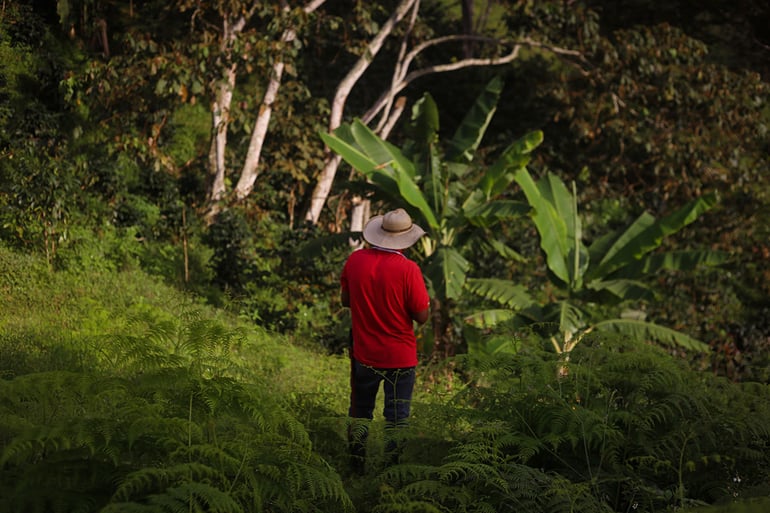 Algrano is building a database with the GPS coordinates for all coffees on offer ahead of shipments leaving origin from May 1st 2024 (Photo: Finca Napoles, Colombia; Algrano)
Algrano is building a database with the GPS coordinates for all coffees on offer ahead of shipments leaving origin from May 1st 2024 (Photo: Finca Napoles, Colombia; Algrano)
Algrano’s EUDR Plan and Timeline
Algrano relies on our origin partners to collect the relevant geospatial coordinates that will inform our due diligence statements. For plots with more than 4 hectares, the geolocation must be provided using polygons. For plots under 4 has, a single point of latitude and longitude is enough.
Producers will also need to demonstrate that their coffees were produced according to the laws of the country of production, including human and labour rights legislation.
Starting in November 2023, we distributed a survey among Algrano’s verified sellers to map their readiness to comply with data collection needs. Our goal was to:
- Identify and address possible compliance risks on a one-to-one basis.
- Collect GPS coordinates from all sellers & test collection templates in different origins.
Up to now, the majority of survey respondents have been confident that they will be able to comply with data collection requirements and don't anticipate risks to their coffee sales.
We also started evaluating external verification tools, developed by Enveritas and Meridia among others. We’re currently testing initial data collected with a small pool of producers and hope to choose a verification system before the end of January.
In the coming months, we will also:
January - April
- Verify all data provided by sellers. We aim to complete the collection by March 2024.
- Build a database with the GPS coordinates to produce due diligence statements for all coffees shipped after May 1st 2024.
February
- While we test data formats in different origins, Algrano’s product team will start scoping geospatial data integration on the marketplace, so that all lots offered contain plot-level traceability.
March
- Analyse and scope the integration of the chosen verification tool and the marketplace.
July Onwards
- Based on the previous integration initiative, we will build tools to collect and verify GPS data on Algrano’s system to automate the due diligence statement submission.
Ultimately, we want to remove the risk of non-compliance for both roasters and producers before a coffee lot is contracted, avoiding surprises once the container lands in the EU.
Algrano has already built a robust data collection system internally and our team is well-placed to meet the regulation requirements, further developing the marketplace’s technology to enhance traceability.
More updates about Algrano’s EUDR plan will be published soon. If you have any questions or concerns, contact your sales manager (roasters) or your producer success manager (sellers).

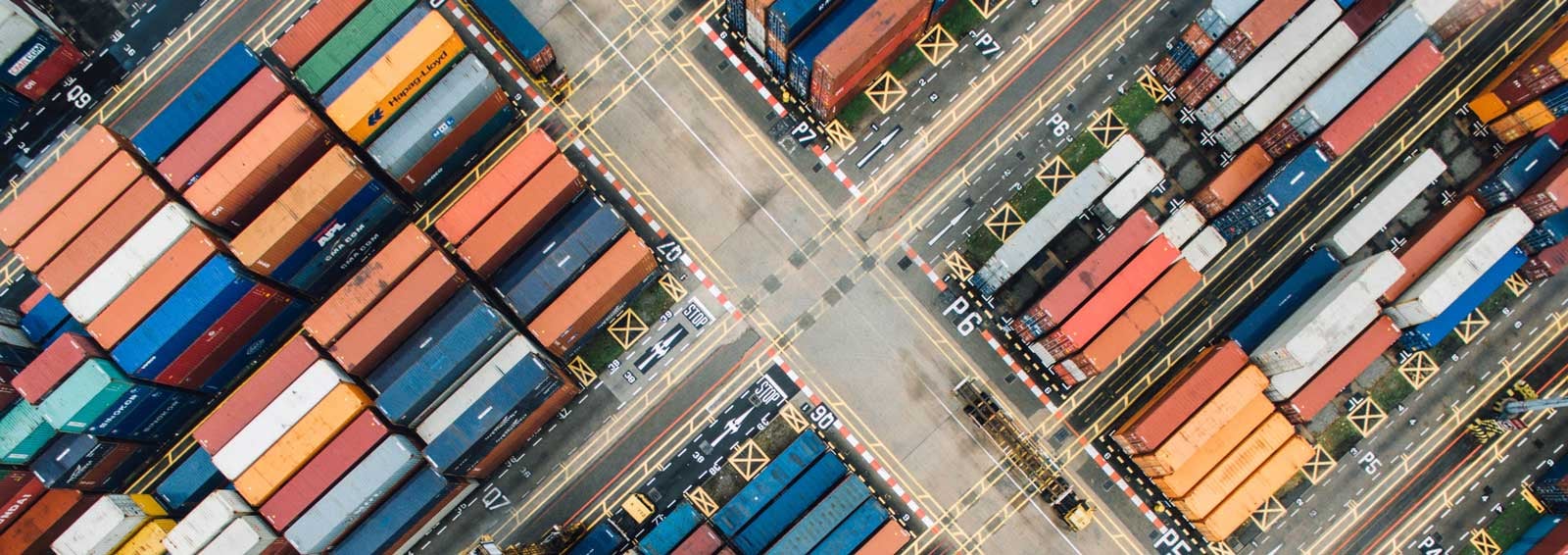


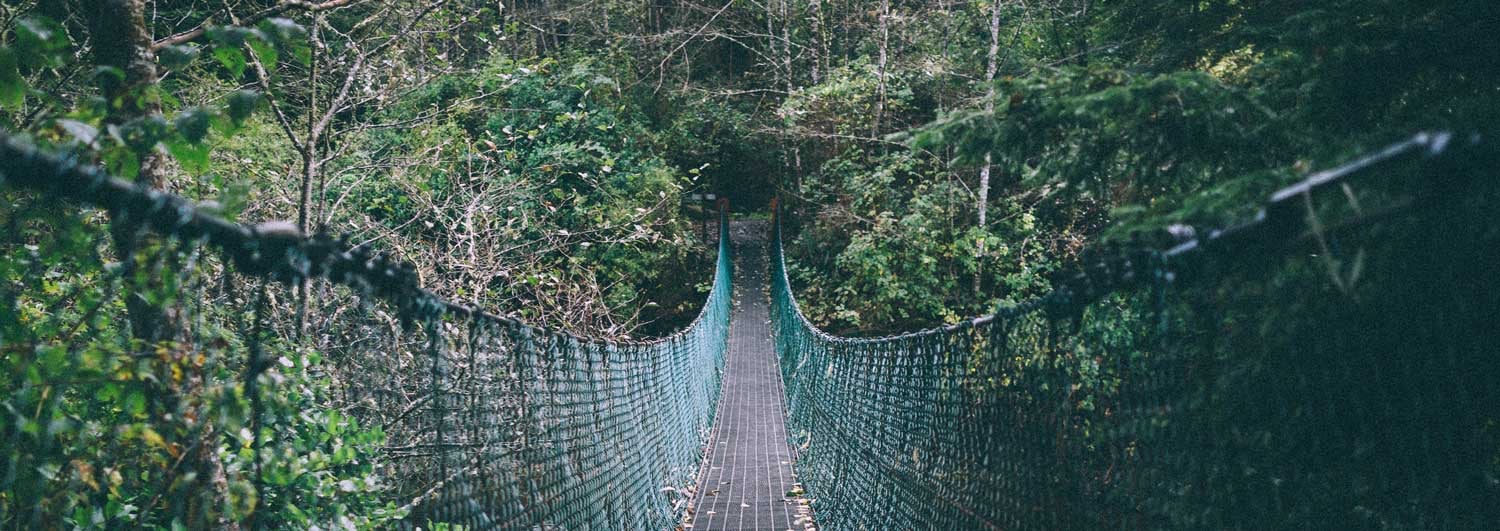
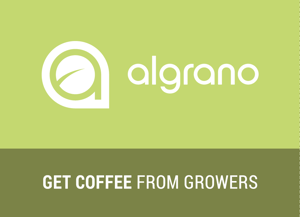
Let Us Know What You Thought about this Post.
Put your Comment Below.